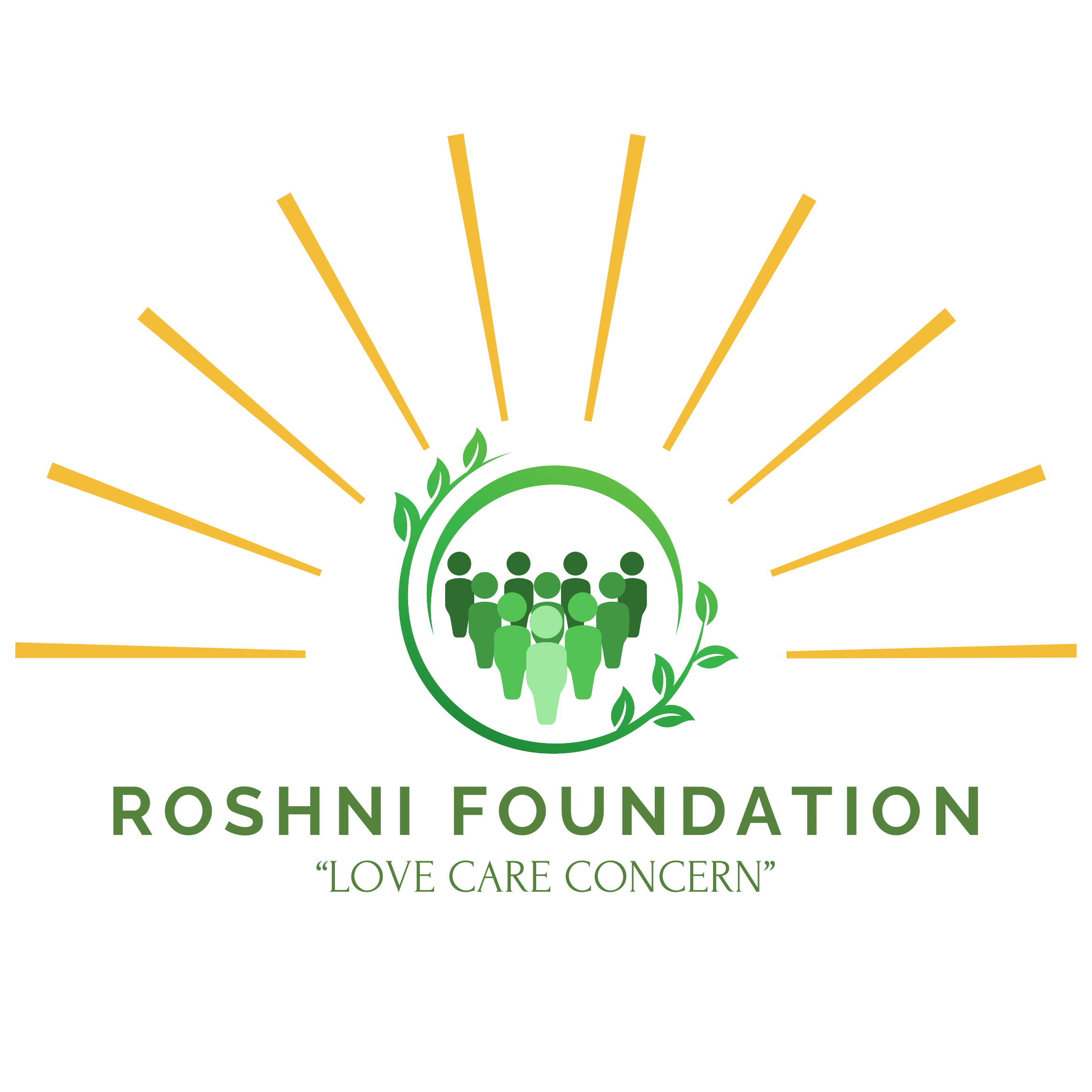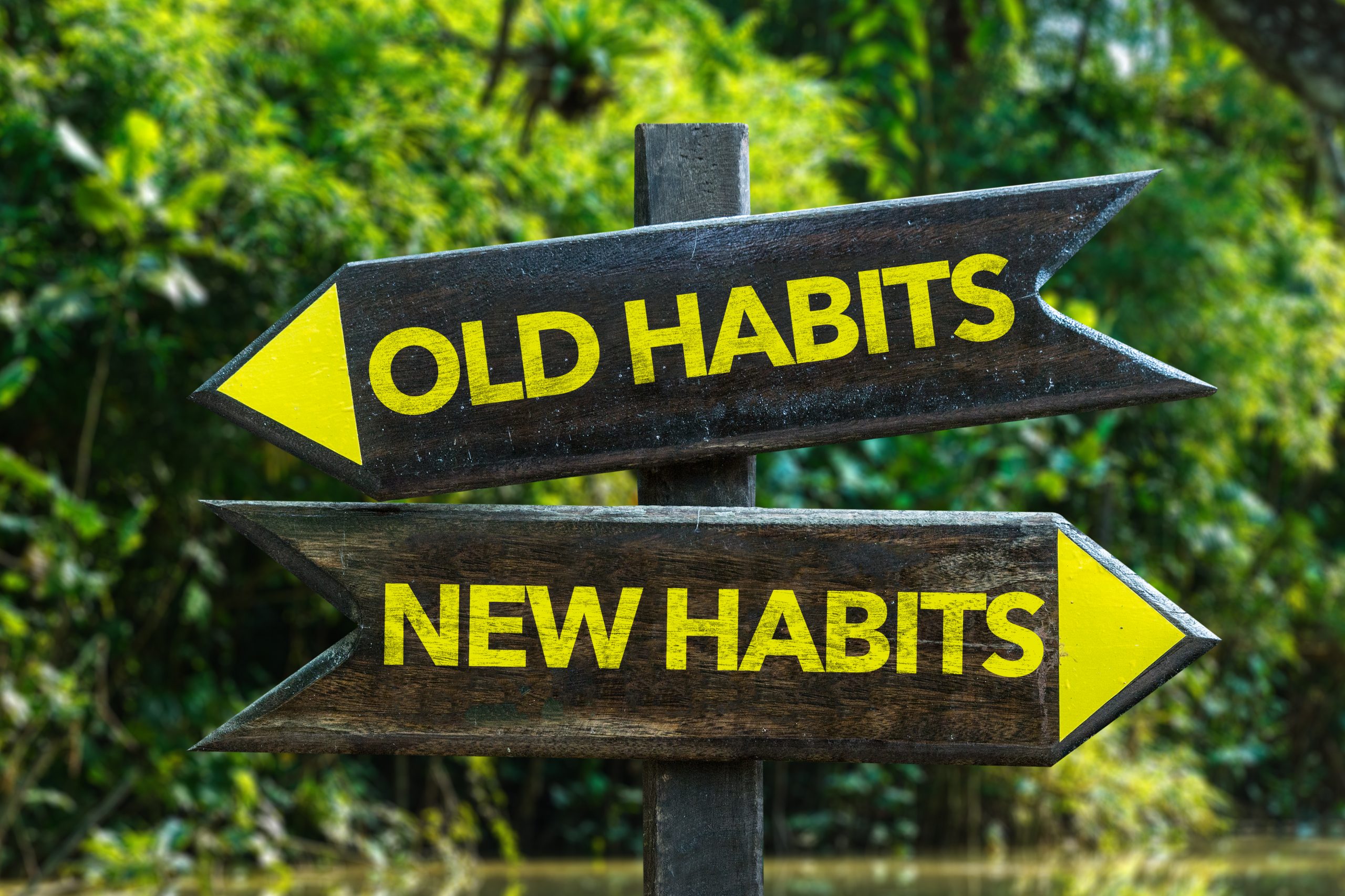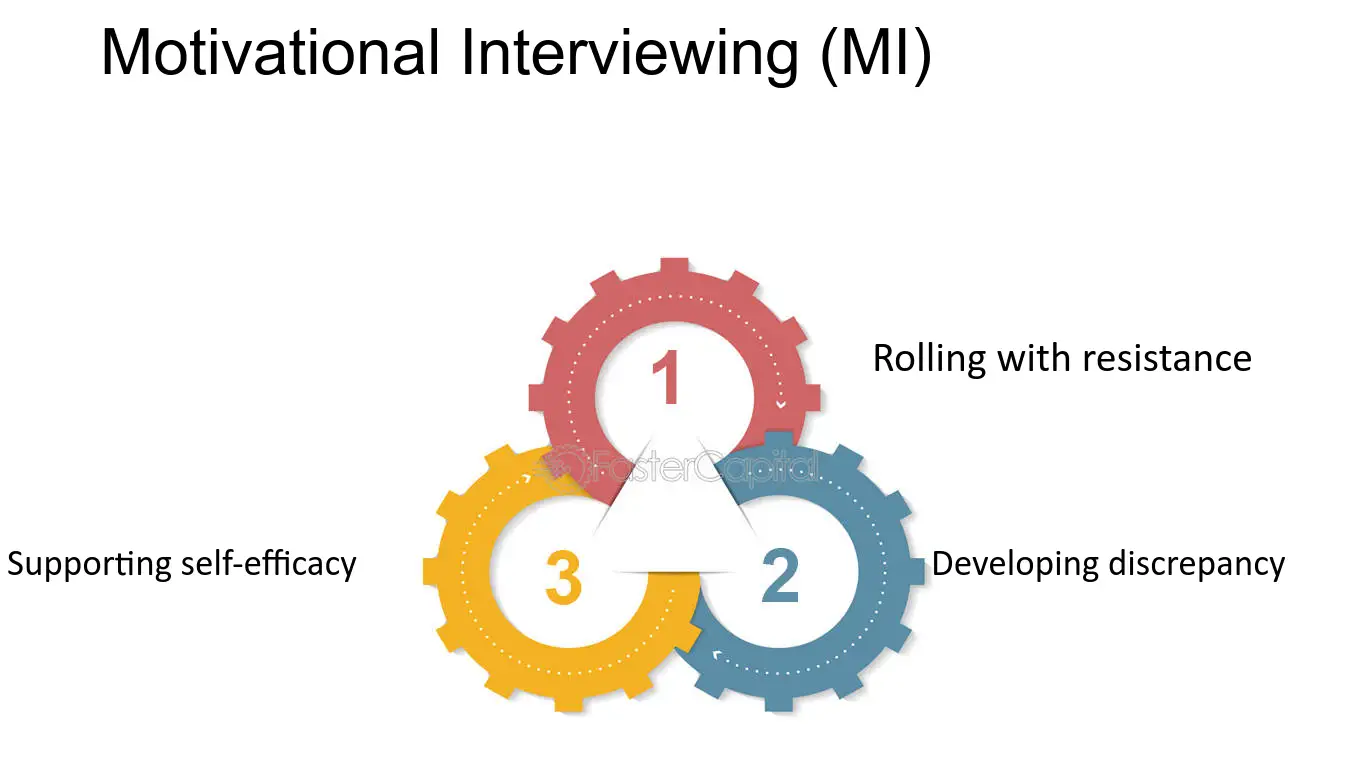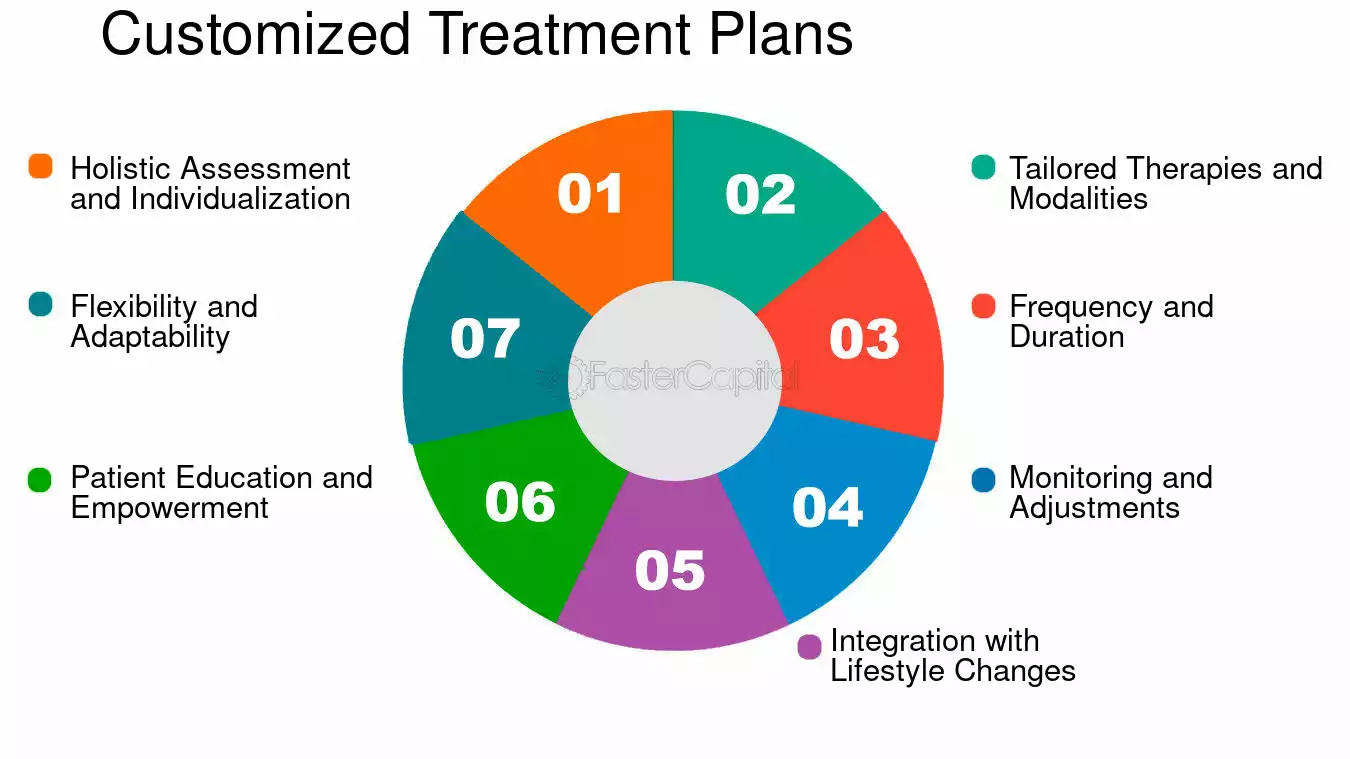Overcoming drug and alcohol dependency is not just about quitting substances—it’s about healing deeply and rediscovering purpose. Today, thousands of individuals are reclaiming their lives through structured, evidence-based addiction recovery therapies. These therapies help not only in managing withdrawal but also in restoring mental, emotional, and social well-being.
Roshni Foundation, a guiding light in rehabilitation, understands that addiction is a complex disease, and no one-size-fits-all approach can succeed. Their tailored methods, rooted in compassion and clinical expertise, offer sustainable paths to sobriety. Within their first few sessions, individuals begin to feel seen, supported, and understood.
Understanding the Nature of Addiction
Addiction affects every layer of a person’s existence. It’s more than a physical dependence—it alters how the brain perceives pain, reward, and connection. That’s why detox alone is not enough. True healing requires long-term addiction recovery therapies that go beyond the surface.
From trauma and mental health disorders to environmental and genetic factors, addiction has many triggers. Effective therapies must consider all of these elements. This is where modern rehabilitation centers like Roshni Foundation excel—they provide integrated care that addresses the full spectrum of addiction’s impact.
Top Addiction Recovery Therapies That Work
The landscape of addiction recovery therapies has evolved drastically. Let’s look at some of the most powerful approaches being used today:
1. Cognitive Behavioral Therapy (CBT)
https://www.nimhans.ac.in/psychotherapy-services/
CBT is one of the most widely used addiction recovery therapies. It helps individuals recognize and change negative thought patterns that lead to substance use. By equipping them with coping skills, CBT empowers long-term sobriety.
2. Dialectical Behavior Therapy (DBT)
Originally developed for borderline personality disorder, DBT is now a crucial part of many addiction recovery therapies. It blends mindfulness, distress tolerance, and emotion regulation to help people stay present and avoid relapse.
3. Motivational Interviewing (MI)
MI is a patient-centered method used in addiction recovery therapies to encourage internal motivation for change. It helps individuals move from ambivalence to active commitment, enhancing the success of other treatment modalities.
4. Holistic Therapies
Alternative methods such as yoga, meditation, art therapy, and sound healing are gaining recognition. These addiction recovery therapies restore balance between mind, body, and spirit—especially when combined with clinical treatment.
5. Group and Family Therapy
Addiction doesn’t happen in isolation, and neither does recovery. Group therapy creates a space for shared healing, while family therapy addresses the systemic issues that contribute to substance use. Both are integral addiction recovery therapies.
6. Trauma-Informed Therapy
Since unresolved trauma is a common cause of substance abuse, trauma-informed addiction recovery therapies ensure that clients feel safe and empowered during their healing journey. These therapies help people process pain without re-traumatization.
7. Medication-Assisted Treatment (MAT)
When appropriate, MAT combines FDA-approved medications with counseling and behavioral therapy. It is especially effective for opioid and alcohol dependence and is now a central part of many addiction recovery therapies.
The Importance of Customization in Therapy
Every individual’s story is unique, so the same must be true of their treatment. That’s why modern addiction recovery therapies emphasize personalized care plans. A 25-year-old struggling with peer pressure requires different strategies than a 50-year-old coping with chronic pain or loss.
Roshni Foundation leads in tailoring treatment strategies. They begin with detailed assessments and build structured plans that evolve with the individual’s progress. Flexibility and personalization are not luxuries—they are necessities in effective addiction recovery therapies.
Aftercare: Sustaining Recovery for Life
Recovery doesn’t end when formal treatment does. Long-term sobriety demands ongoing support. Aftercare is a vital extension of addiction recovery therapies and may include outpatient counseling, support groups, alumni programs, or vocational training.
By empowering individuals with tools for relapse prevention and emotional resilience, aftercare ensures that the gains made during therapy become lifelong habits. Addiction recovery therapies that focus on aftercare see significantly higher success rates.
Technology and Innovation in Modern Recovery
With growing awareness, technology is now playing a role in addiction recovery therapies. Mobile apps, online counseling, and wearable health trackers are being used to monitor moods, track progress, and offer 24/7 support.
Digital advancements are especially useful for those in remote areas or those hesitant to seek help in traditional settings. These tech-based addiction recovery therapies complement human support, not replace it—offering a hybrid model of care.
Choosing the Right Path to Healing
Selecting the right rehabilitation program can make all the difference. Key factors include therapeutic approach, staff experience, support systems, and environment. When evaluating a center, look beyond marketing. Instead, assess the depth of their addiction recovery therapies.
A good center will not just promise recovery—they will walk the path with you. They’ll adapt, listen, and guide based on where you are and where you want to go.
Conclusion
Breaking free from addiction requires courage, but with the right support system, healing is always possible. Addiction recovery therapies offer a lifeline—a way to restore dignity, rebuild identity, and reconnect with life.
If you’re seeking structured, compassionate, and effective care, the Best Rehab center in Dehradun, Roshni Foundation, stands out as a beacon of transformation. Their tailored programs and expert team ensure that every step taken is one closer to freedom.




